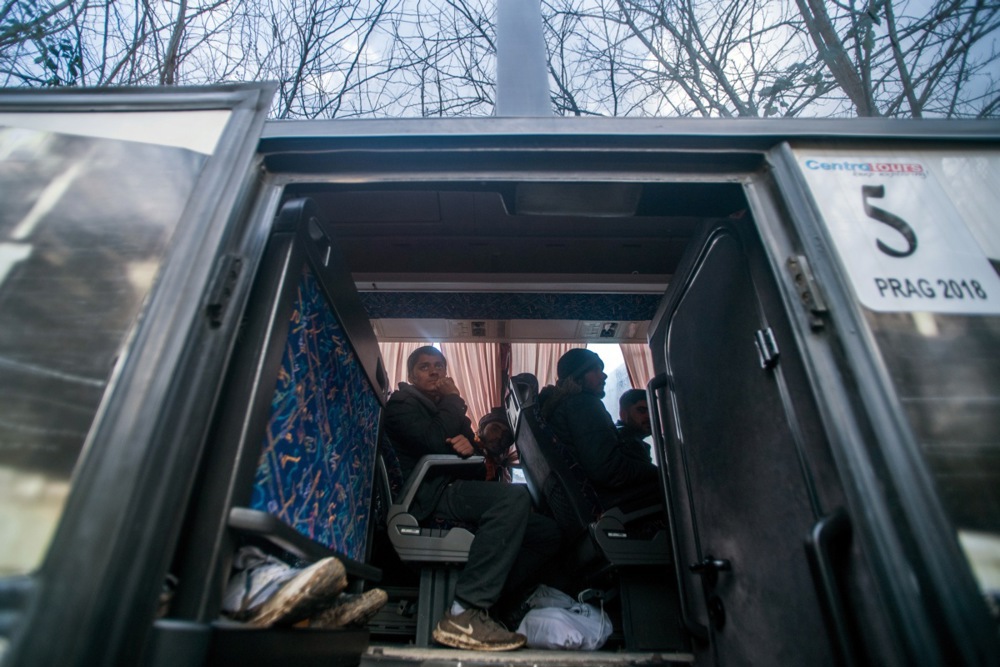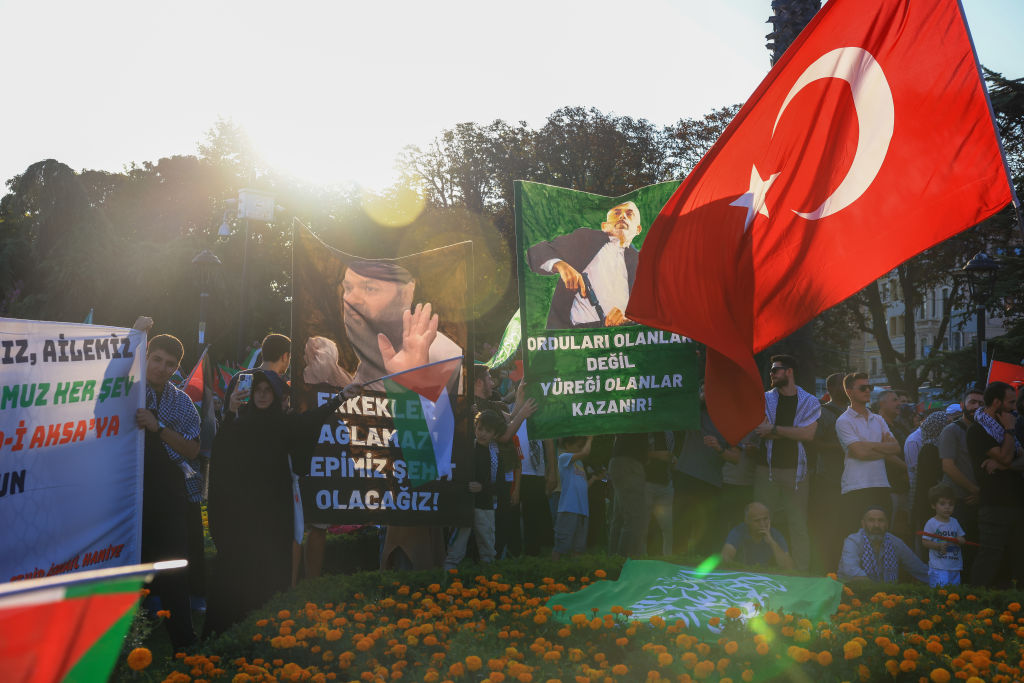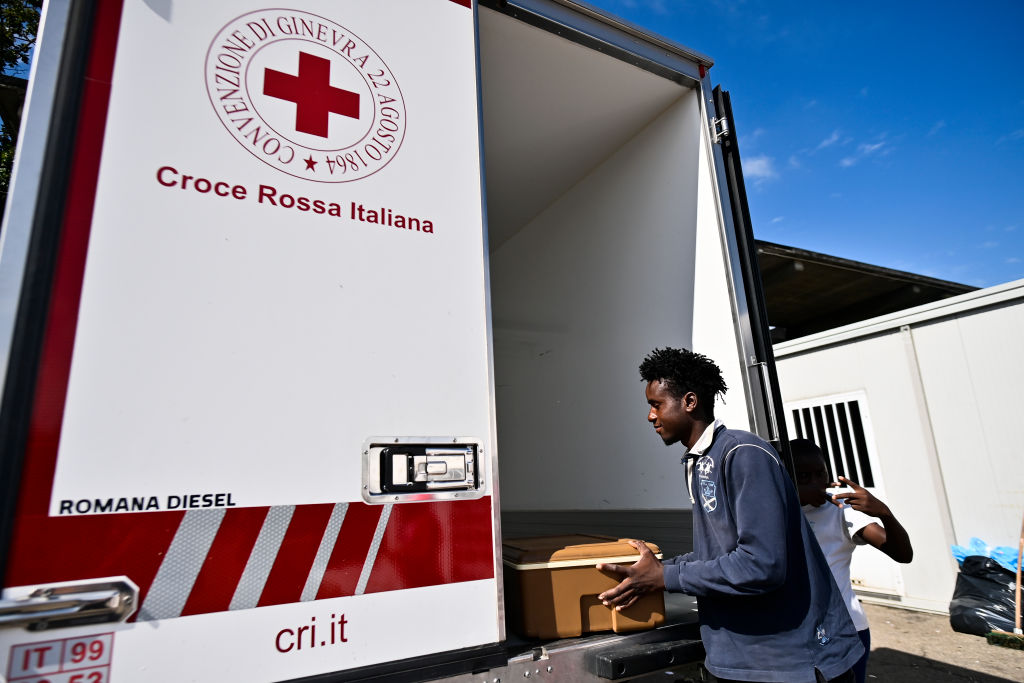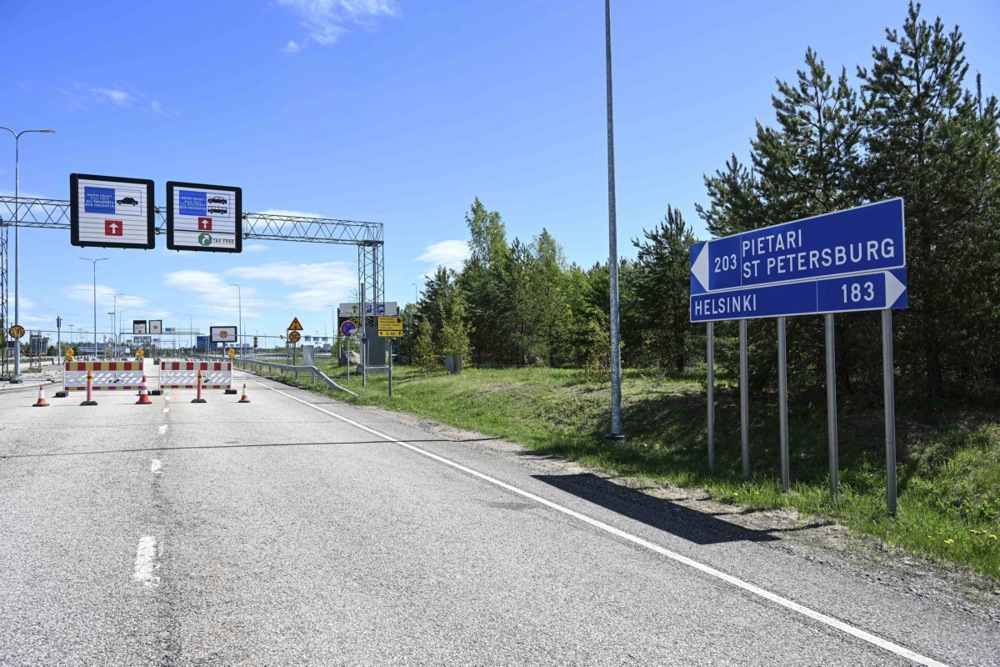The European Commission has handed nearly €9 million to an online project that helps migrants evade deportation in Germany, Brussels Signal has discovered.
Online publication Apollo News initially reported late in August that “Handbook Germany”, a platform for migrants funded by the German interior ministry and the European Commission, instructs rejected asylum seekers how to prevent deportations.
The handbook points out that parents can’t be deported if their underage chid is “missing”. If there are any “new” indications of “war trauma” or “persecution” that were not previously recognised, deportation can also be postponed or cancelled.
An EC spokesperson told Brussels Signal that the organisation Neue deutsche Medienmacher*innen (New German Media Makers — NDM) had received funding for a project called Zentrale digitale Anlaufstelle (Central Digital Contact Point).
Also known as Handbook Germany: Together (HBGT), the project was awarded cash under the Specific Objective 2 (Integration and Legal Migration) of Germany’s Asylum, Migration and Integration Fund (AMIF) programme.
“The EU contribution for this project was €8,948,086.56 and runs from 01.01.2023 to 31.12.2025,” the EC spokesperson told Brussels Signal, adding that the project operated under the so-called “shared management mode”, with the EC entrusting the German authorities to choose how the funding is spent.
“In Germany, the Federal Office for Migration and Refugees (BAMF) chooses which projects to finance and takes responsibility for the day-to-day management of projects under the German AMIF programme. The Commission does not undertake systematic checks of individual projects,” the spokesperson said.
“The Commission did not in any way endorse or contribute to the content on the Handbook Germany website,” the spokesperson stressed.
Handbook Germany contained what Apollo News said was advice for migrants who wanted to bend the law and prolong their stay in Germany, even after having their asylum application rejected.
One of the methods Handbook Germany suggested was to file a lawsuit against the BAMF. Readers are referred via a link to the initiative “Abschiebungen stoppen. Bleiberecht für alle” (Stop Deportations. Right to stay for all).
“We are against deportation for political reasons and demand the right to stay and freedom of movement for everyone,” this initiative states. On its website it provides information on how to prevent deportation while would-be migrants are travelling by plane.
“If you are successful, you will only gain time. However, this can be helpful in some situations, for example if you make it past a deadline.”
The platform provided leaflets with information in numerous languages and a video on how to cause a situation onboard where airline staff would be forced to cancel deportations.

On the page titled “Deportation“, the site explained some procedural rules that could be exploited and stressed: “Parents may only be deported together with their [minor] children”.
Handbook Germany referred to lawyers and aid organisations that might help migrants who faced deportation and noted: “The costs of the lawsuit may be borne by the State”.
It continues: “If a lawsuit was not promising, you can try to file a petition with the State parliament or Bundestag or find protection in a church.
“Even after an asylum application has been rejected, there are still some options to stay in Germany,” it stated.
For example, Handbook Germany pointed to the Dublin Regulation. The Dublin Regulation allows for asylum applications to be deemed “inadmissible” if another EU country is responsible for processing the claim. In such cases, the asylum seeker may be transferred to that country within a six-month period.
Yet, if the asylum seeker files an urgent application challenging this decision, it can reset the six-month transfer countdown.
Another tip provided was: “If you are deported and have no cash with you, the police are obliged to hand over pocket money to you.”
If a would-be asylum seeker wanted to reverse deportation, Handbook Germany explained that migrants should point out what it called new indications of persecution in their home country and refer to “severe war trauma which has so far remained undetected”.
After being deported, the deportee should also hire a lawyer, the group advised, and ask for help from organisations such as ProAsyl, Germany’s largest pro-immigration advocacy organisation.
In the chapter titled “Toleration“, it was explained that migrants who were undergoing work training could continue to stay in Germany for the duration of that training.
The Handbook Germany website states it is a project set up by NDM which is a non-profit organisation that promotes “diversity in journalism, combats disinformation and online hate speech”.
The handbook is funded by the German Interior Ministry, the Federal Commissioner for Migration, Refugees and Integration and the Federal Commissioner for Anti-Racism. The EU “co-finances” the handbook, it is stated.

NDM was also in the past awarded EU funding for a project called “We CAN for Human Rights Speech” (WECANHRS).
Update
In a reaction to Brussels Signal, the BAMF said “The ‘Handbook Germany’ platform covers a wide range of topics. This includes information on the asylum procedure, information on the labor market, application assistance, legal information for migrants and information on deportation. It also offers advice on everyday topics such as finding accommodation, healthcare and the education system. In summary, the platform focuses on integration (cultural orientation and legal obligations in Germany).”
“The AMIF funding, for which the Federal Office for Migration and Refugees is responsible, relates exclusively to the part of the platform with information on the topic of “integration”. Funding for asylum-related content on this platform was not part of this funding. Due to an editorial error, individual topic pages with asylum-related content were provided with incorrect funding logos (BMI, AMIF EU and IRC) – these funding logos refer to the funding for the project ‘Handbook Germany : Together – central, digital contact point’, which has been running since 01.01.2023. The correction of the logos on topic pages with asylum-related content was made on 02.09.2024.”





